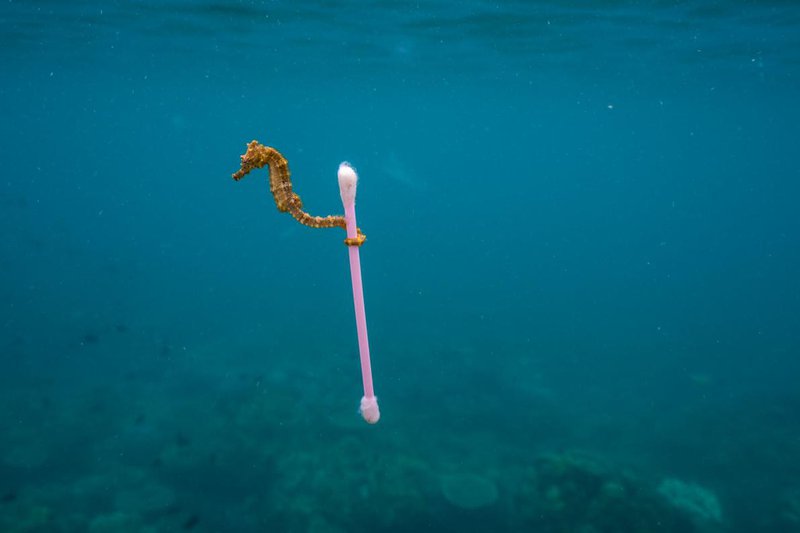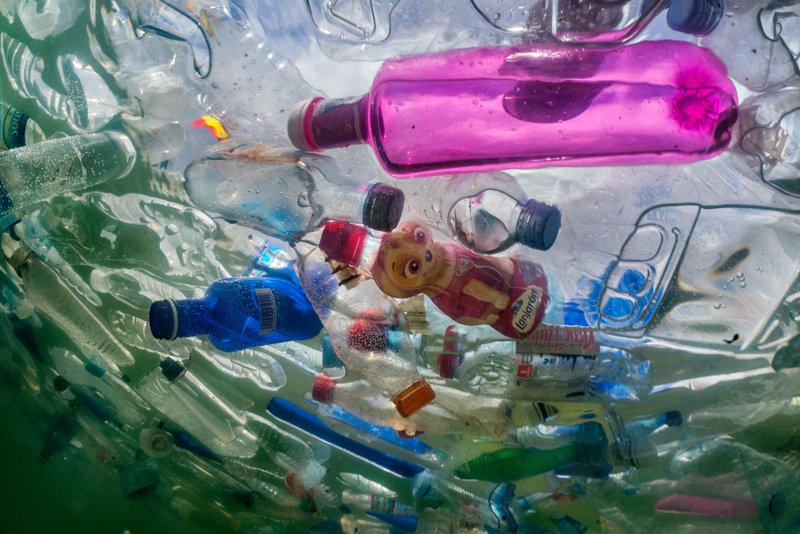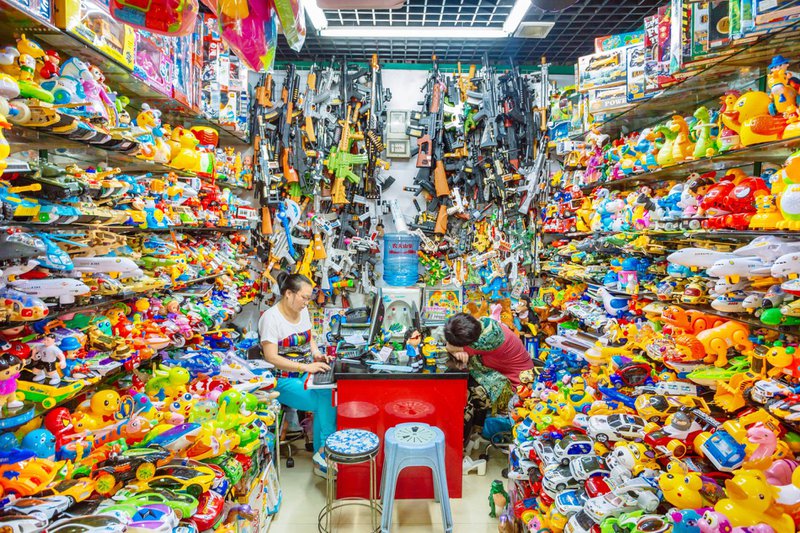If plastic had been invented when the Pilgrims sailed from Plymouth, England, to North America—and the Mayflower had been stocked with bottled water and plastic-wrapped snacks—their plastic trash would likely still be around, four centuries later.
If the Pilgrims had been like many people today and simply tossed their empty bottles and wrappers over the side, Atlantic waves and sunlight would have worn all that plastic into tiny bits. And those bits might still be floating around the world’s oceans today, sponging up toxins to add to the ones already in them, waiting to be eaten by some hapless fish or oyster, and ultimately perhaps by one of us.
We should give thanks that the Pilgrims didn’t have plastic, I thought recently as I rode a train to Plymouth along England’s south coast. I was on my way to see a man who would help me make sense of the whole mess we’ve made with plastic, especially in the ocean.

This story is part of Planet or Plastic?—our multiyear effort to raise awareness about the global plastic waste crisis. Learn what you can do to reduce your own single-use plastics, and take your pledge.
Read this story and more in the June 2018 issue of National Geographic magazine.
If plastic had been invented when the Pilgrims sailed from Plymouth, England, to North America—and the Mayflower had been stocked with bottled water and plastic-wrapped snacks—their plastic trash would likely still be around, four centuries later.
If the Pilgrims had been like many people today and simply tossed their empty bottles and wrappers over the side, Atlantic waves and sunlight would have worn all that plastic into tiny bits. And those bits might still be floating around the world’s oceans today, sponging up toxins to add to the ones already in them, waiting to be eaten by some hapless fish or oyster, and ultimately perhaps by one of us.
We should give thanks that the Pilgrims didn’t have plastic, I thought recently as I rode a train to Plymouth along England’s south coast. I was on my way to see a man who would help me make sense of the whole mess we’ve made with plastic, especially in the ocean.
After sheets of clear plastic trash have been washed in the Buriganga River, in Dhaka, Bangladesh, Noorjahan spreads them out to dry, turning them regularly— while also tending to her son, Momo. The plastic will eventually be sold to a recycler. Less than a fifth of all plastic gets recycled globally. In the U.S. it’s less than 10 percent.
Because plastic wasn’t invented until the late 19th century, and production really only took off around 1950, we have a mere 9.2 billion tons of the stuff to deal with. Of that, more than 6.9 billion tons have become waste. And of that waste, a staggering 6.3 billion tons never made it to a recycling bin—a figure that stunned the scientists who crunched the numbers in 2017.


